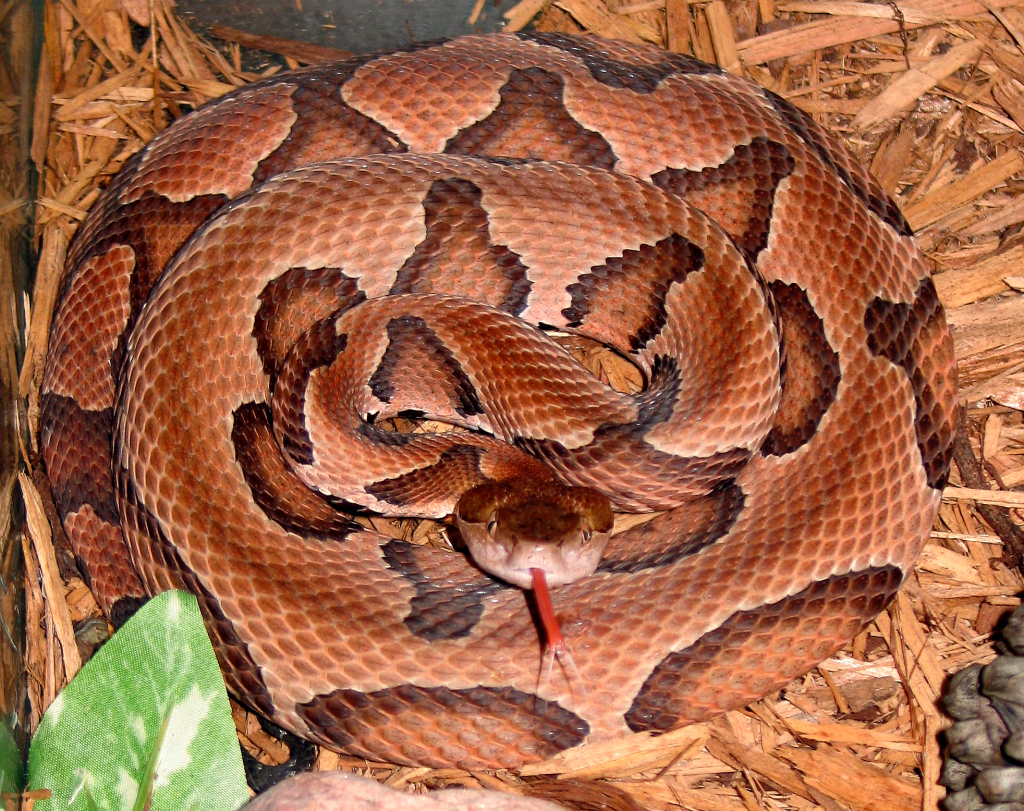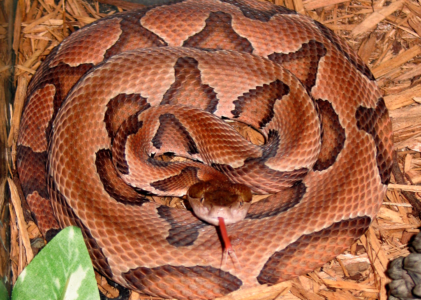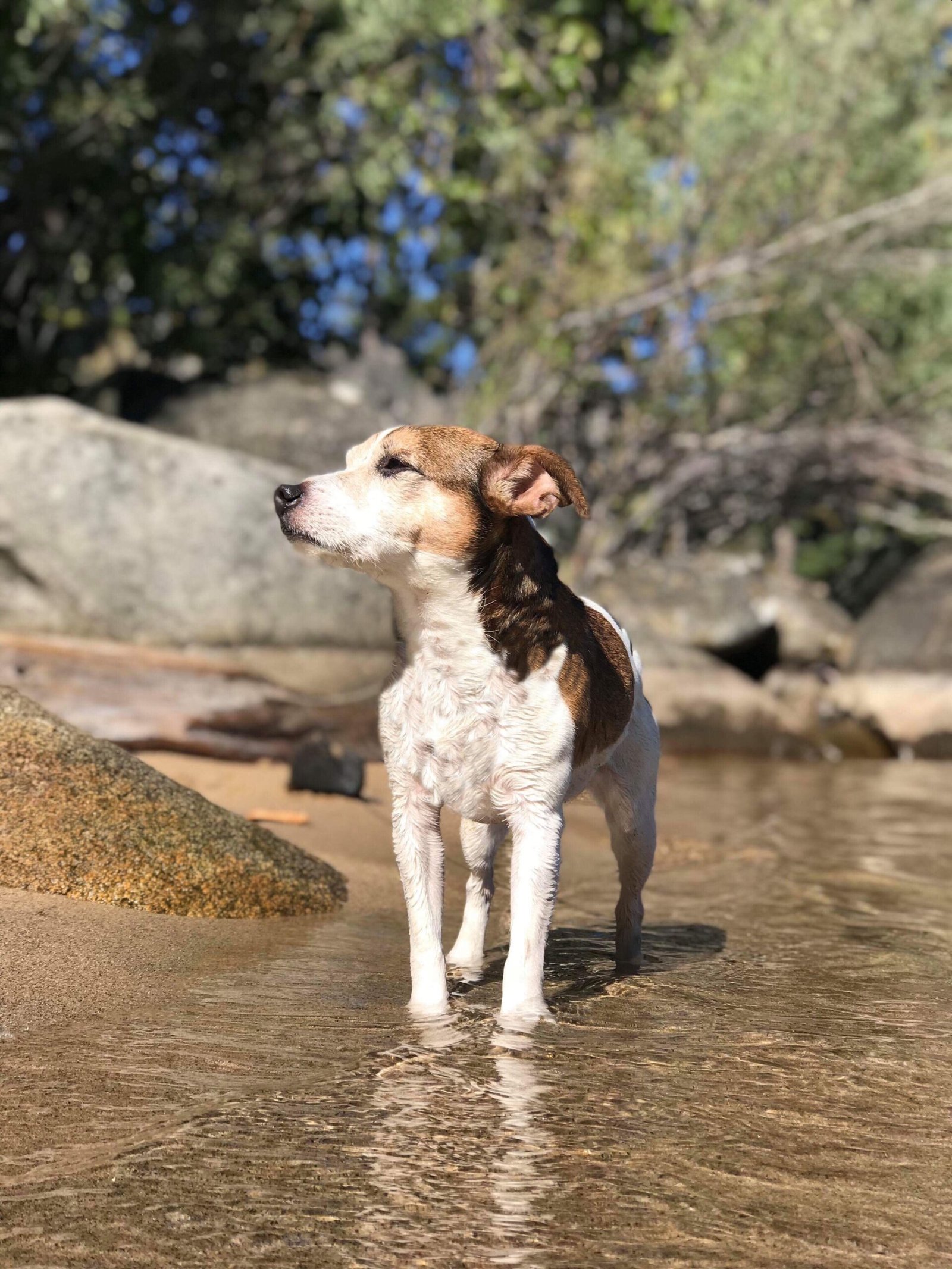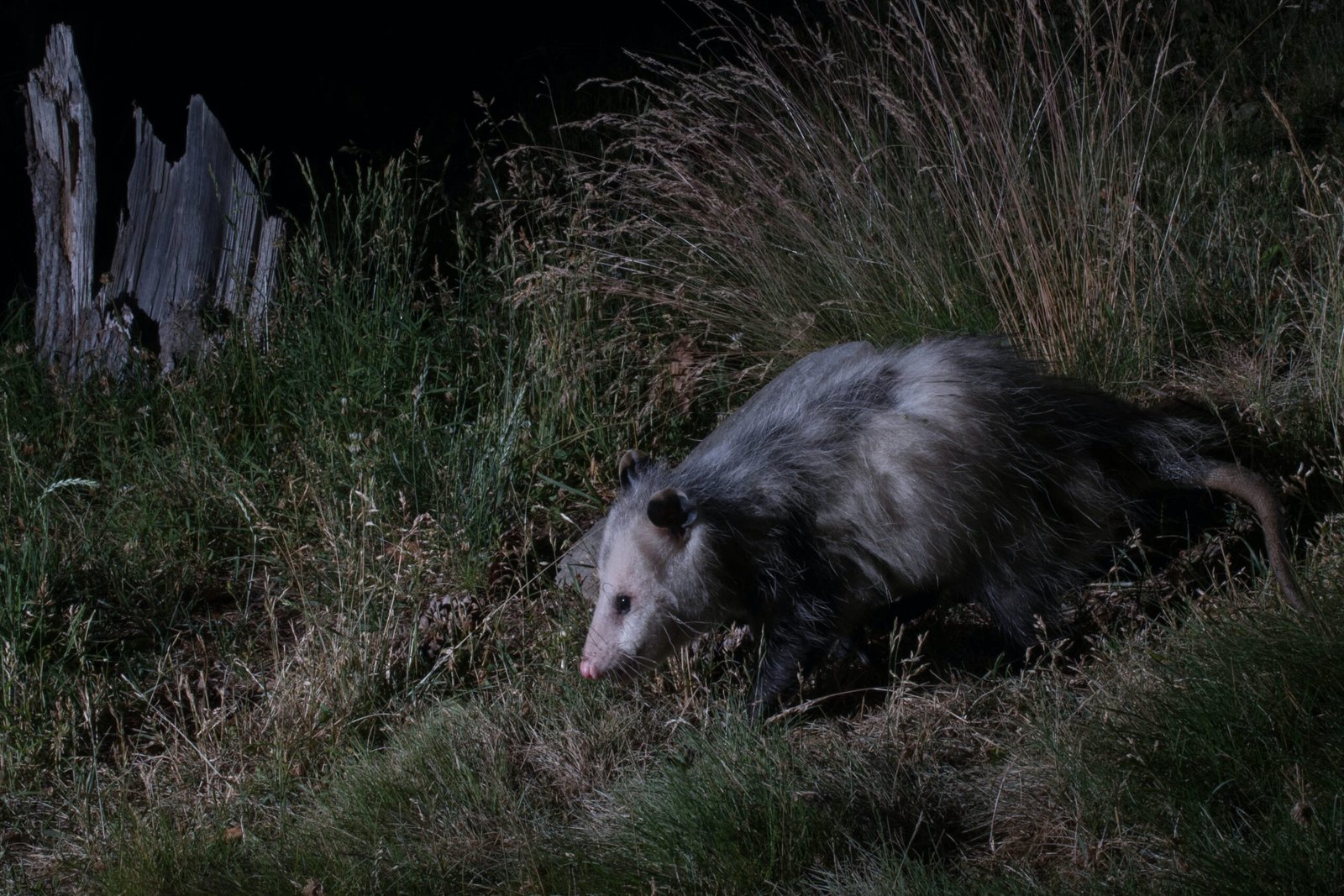When it comes to venomous snake bites, one of the most common culprits in North America is the copperhead snake. These snakes are found in a variety of habitats, from forests to rocky areas, and their bites can be dangerous if not treated promptly. In this article, we will explore the dangers of copperhead bites and the appropriate treatment options.
The Dangers of Copperhead Bites
While copperhead bites are rarely fatal, they can cause significant pain and discomfort. The venom injected by a copperhead snake contains a mixture of toxins that can lead to tissue damage, swelling, and inflammation. Common symptoms of a copperhead bite include:
- Pain or burning sensation at the site of the bite
- Swelling and redness
- Blistering or bruising
- Nausea and vomiting
- Dizziness or fainting
- Weakness or fatigue
If you or someone you know has been bitten by a copperhead snake, it is important to seek medical attention immediately. Even if the symptoms seem mild, it is better to be safe and have a healthcare professional assess the situation.
Treatment Options for Copperhead Bites
When it comes to treating copperhead bites, there are several steps that can be taken to minimize the effects of the venom and promote healing. These include:
1. Stay Calm and Immobilize the Affected Area
It is important to stay calm and avoid panicking after a copperhead bite. Panicking can increase your heart rate and spread the venom more quickly through your body. Try to immobilize the affected limb or area to prevent further movement.
2. Remove any Constrictive Items
If you are wearing any constrictive items such as rings or bracelets, it is important to remove them as soon as possible. Swelling is a common symptom of copperhead bites, and constrictive items can worsen the swelling and restrict blood flow.
3. Cleanse the Wound
Gently cleanse the bite wound with mild soap and water to reduce the risk of infection. Avoid using alcohol or hydrogen peroxide, as they can further damage the tissue.
4. Apply a Cold Compress
Applying a cold compress to the bite area can help reduce swelling and alleviate pain. Wrap the compress in a cloth or towel to protect the skin and apply it for 10-15 minutes at a time.
5. Seek Medical Attention
Regardless of the severity of the symptoms, it is crucial to seek medical attention after a copperhead bite. Healthcare professionals can assess the situation, provide appropriate treatment, and monitor for any potential complications.
6. Antivenom Administration
In some cases, healthcare professionals may administer antivenom to counteract the effects of the copperhead venom. Antivenom is a specialized medication that neutralizes the venom and helps in the healing process.
7. Pain Management
To manage pain and discomfort, over-the-counter pain relievers such as acetaminophen or ibuprofen may be recommended. However, it is important to consult with a healthcare professional before taking any medication.
Preventing Copperhead Bites
While it is not always possible to prevent copperhead bites, there are some precautions you can take to minimize the risk:
- Wear appropriate footwear when walking in areas where copperhead snakes are known to inhabit.
- Be cautious when stepping over logs or rocks, as copperheads may be hiding underneath.
- Avoid reaching into areas where you cannot see, such as tall grass or bushes.
- Keep your yard clean and free of debris to discourage snakes from entering.
- If you encounter a copperhead snake, give it a wide berth and do not attempt to handle or provoke it.
Remember, prevention is always better than cure when it comes to snake bites. By being aware of your surroundings and taking appropriate precautions, you can reduce the risk of encountering a copperhead snake and minimize the potential dangers.
In conclusion, copperhead bites can be painful and potentially dangerous if not treated promptly. If you or someone you know is bitten by a copperhead snake, it is important to seek medical attention immediately. Follow the appropriate treatment steps outlined by healthcare professionals and take preventive measures to minimize the risk of encountering these venomous snakes.




